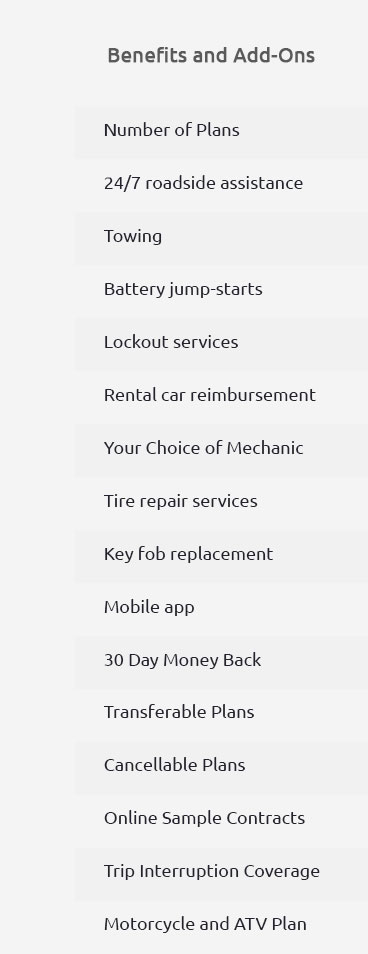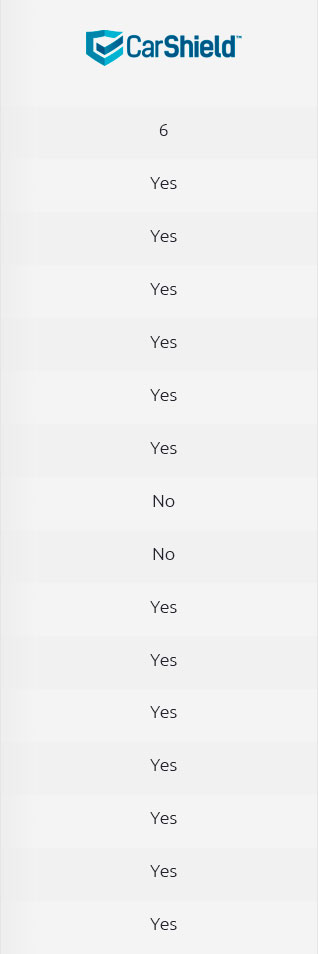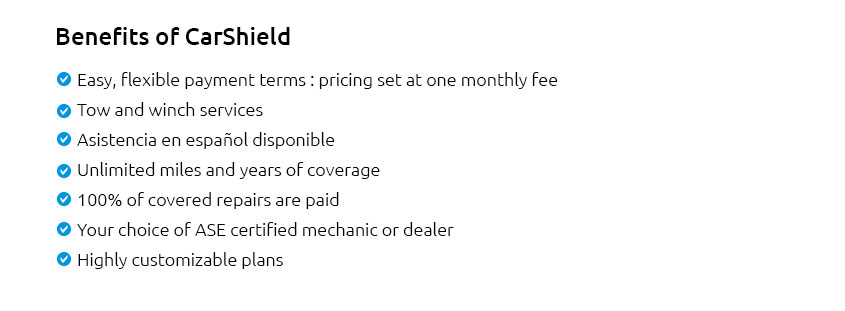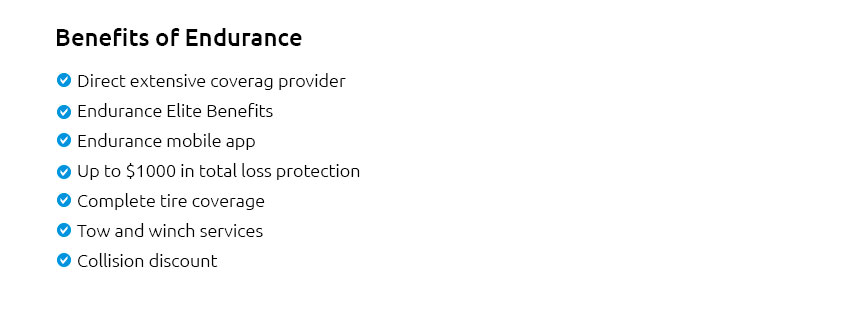 |
 |
 |
 |
 |
|||
 |
|||
 |
 |
 |
|
 |
|||
 |
|
 |
|
 |
|
 |
|
 |
|
 |
|
 |
|
 |
|

Exploring Interstate Used Car Warranties: A Comparative GuideIn today's ever-evolving automotive market, purchasing a used car comes with its own set of challenges and considerations, one of the most crucial being the warranty. As vehicles traverse state lines, the complexities of warranties grow, leading buyers to ask: which interstate used car warranty is the best fit? This article delves into the landscape of used car warranties, offering a comprehensive comparison of popular options available to consumers. When venturing into the realm of used car warranties, the first critical step is understanding the basic structure. At its core, a warranty is a promise, a safeguard against unexpected mechanical failures and expensive repairs. However, when vehicles cross state lines, this promise becomes more intricate. The key players in this field include manufacturer-backed warranties, third-party providers, and dealership warranties, each with their own distinct advantages and caveats.
Another layer of complexity is added by the interstate aspect. A warranty's validity and the ease of making claims can vary significantly from one state to another, influenced by local consumer protection laws and the provider's reach. It is essential to confirm whether a warranty will be honored across state lines, especially for those who travel frequently or relocate often. In conclusion, choosing the right interstate used car warranty involves a careful balance between cost, coverage, and convenience. While manufacturer-backed warranties provide robust protection, they come at a premium. Third-party providers offer flexibility but demand vigilance in terms of the fine print. Dealership warranties bring convenience but may lack the comprehensive nature of other options. As with any significant investment, due diligence is key; research, compare, and select the warranty that aligns best with your automotive lifestyle and peace of mind. https://interstatecu.org/guaranteed-auto-protection/
Guaranteed Auto Protection Plus covers the difference between the actual cash value of your vehicle and the loan/lease balance, less delinquent payments, late ... https://interstatecu.org/loans/auto-loan/
GAP & Extended Warranty Plans; Payroll Deduction, Automatic Payments. Dealer Connect Lending. Enjoy the convenience of shopping for your new or used automobile ... https://www.interstatehondawa.com/interstate-honda-explains-the-hondatrue-program
Non-Powertrain Coverage: For vehicles purchased within the New Vehicle Limited Warranty period: extends New Vehicle Limited Warranty to 4 years/48,000 miles ...
|